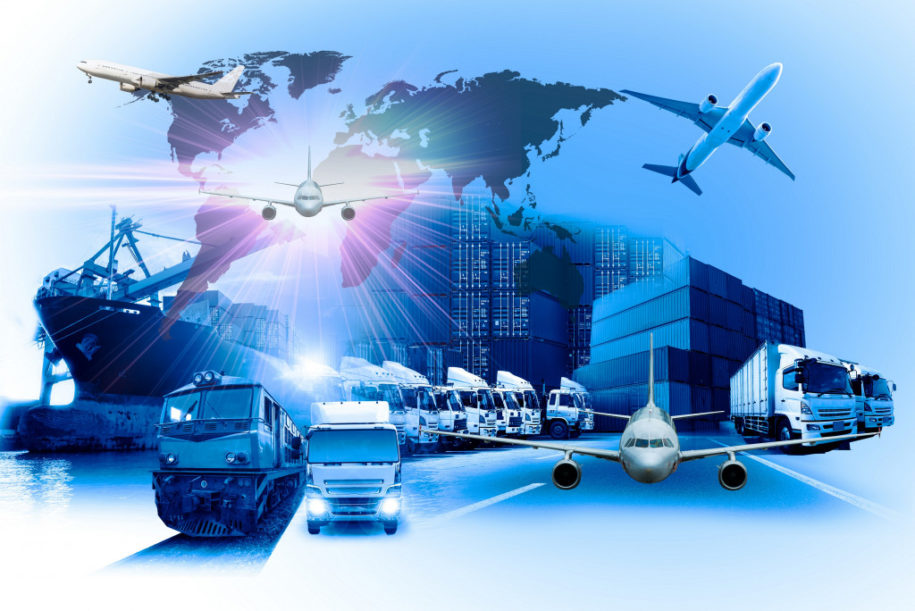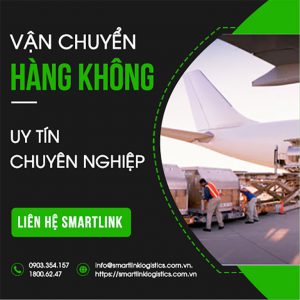
Logistics seized the opportunity
Applying better technology in logistics activities will be the key for Vietnamese businesses to reduce operating costs, improve competitiveness and make a breakthrough in the integration period.
E-commerce in the country is increasingly developing to keep pace with the integration trend.
Vietnam has now become a member of 16 free trade agreements; including the new generation of free trade agreements with a large scale and scale such as the Vietnam – European Union Free Trade Agreement (EVFTA), the Comprehensive and Progressive Agreement for Trans-Pacific Partnership. Duong (CPTPP) and Regional Comprehensive Economic Partnership (RCEP) …
It is these new trends that have been and will create momentum for domestic logistics activities to develop strongly. This is also a golden opportunity for businesses to apply technology, innovate and improve their competitiveness in this field.
Mr. Vu Tien Loc, Chairman of Vietnam Chamber of Commerce and Industry (VCCI) once said that when evaluating the future and development prospects of Vietnam’s logistics industry.
Due to the negative impacts of the COVID-19 epidemic, in 2020. The recent VCCI report estimated that if the COVID-19 epidemic lasts until the end of 2020, about 39.3% of Vietnamese enterprises will go bankrupt.
Like many other sectors of the economy, the logistics industry is also under the same pressure
Mr. Vu Dang Vinh, General Director of VietnamReport Report Joint Stock Company (VietnamReport), said that Vietnam Logistics Business Association (VLA) has reported that, in March 2020, about 15 % of Vietnamese logistics enterprises have a 50% decrease in revenue compared to the same period in 2019; More than 50% of enterprises reduce the number of domestic and international logistics services from 10-30% over the same period.
When the COVID-19 translation occurred, it was also when trade tensions between the US and China persisted, forcing a number of multinational companies and enterprises to reconsider their operations that previously chose China. Quoc is a strategic focus and sources low-cost inputs from low-cost markets like Vietnam and Mexico.
Fortunately, thanks to the relatively good control of the epidemic, the Vietnamese business community in general and logistics businesses in particular have had many advantages in the process of recovering production and business activities.
Mr. Vinh said, according to a survey conducted by Vietnam Report in October-November 2020, the performance of logistics enterprises has been significantly improved.
According to Mr. Vinh, translation COVID-19 is considered as a test to test the resilience of logistics enterprises.
Mr. Le Duy Hiep, Chairman of the Association of Logistics Services Enterprises, said that a number of large enterprises have successfully applied technology solutions to bring efficiency to logistics services and significantly reduce related costs such as electronic ports (ePort), electronic delivery orders (eDO), digitization of transport documents (Invoicing and Payments), investment in the application of total solutions in logistics services (Saas), big data (Big Data), cloud computing (Cloud Computing), smart warehouse (Smart Warehousing) …
As a result, 58% of logistics service providers have shortened the technology roadmap.
Also at the time of the pandemic, many large enterprises in the logistics industry took advantage of investing in large-scale warehouses and workshops and formed large distribution centers, to ensure that goods were not sold out and inventory. can lead to increased storage costs …
Some carriers have flexibly changed the proportions between passenger and freight transport. Many large logistics enterprises have exchanged, if in the past, the deposit on trains and airplanes was limited to quota, now they can rent a whole cabin, a whole car or even a charter flight.
This is both beneficial for the transport company and the shipper as well. In addition, the volume of goods circulating via rail and sea increased highly thanks to the policy of supporting freight rates of the Government.
When discussing the recovery and development opportunities of businesses in particular and the entire logistics industry in general after the COVID-19 pandemic, Mr. Vu Dang Vinh, General Director of Vietnam Report said that, in the long term, businesses need to apply more business technology such as digitizing, applying AI (artificial intelligence) or automating business processes; organizational restructuring / positioning image of business in current markets.
Enterprises also need to look for merger, acquisition (M&A) opportunities or pursue a divestment strategy. Firms also reallocate dependence on input supplies in supply chains; at the same time, gradually adapting to remote working models and accessing e-commerce transactions more smoothly and familiarly.
The increasing application of technology with the advancements of the Fourth Industrial Revolution is expected by most businesses to change the logistics industry the most with leading benefits such as increased labor productivity and reduction. cost, improve business strategy, improve logistics efficiency and product lifecycle management, and strengthen operating systems …
Once again, Mr. Vu Tien Loc, Chairman of VCCI emphasized that the application of better technology in logistics activities will be the key for Vietnamese businesses to reduce operating costs, improve competitiveness and breakthrough in integration period. Digitalization and smartization will be the journey for Vietnam’s logistics industry to reach far in the global sea./.
Source: bnews

If you need assistance with import and export of international goods, you can contact our Smart Link team. guide service consulting as well as necessary related customs procedures.


































